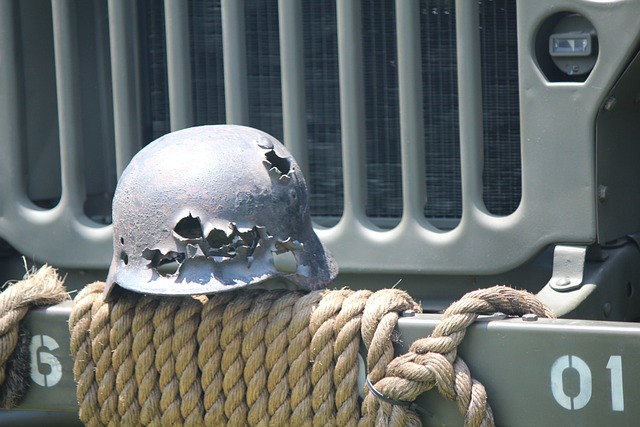Benito Mussolini, the dictator of Italy, believed his nation needed some straightforward glory as well after witnessing his buddy Adolf Hitler effortlessly win in both eastern and western Europe. German diplomacy was weakening Balkan resistance, and the German war machine had vanquished all of its enemies from Poland to France. After receiving guarantees from Germany that Romania wouldn't be further divided, German forces were "welcome" to enter the country, and Hitler was also forcing Yugoslavia, Hungary, and Bulgaria into alliances. Italy needed to win quickly because it could not allow Germany to rule so close to home. What could be simpler than capturing the small nation of Greece, in Mussolini's opinion? Italy and the nation had never enjoyed a close relationship.
Although the Italian troops vastly outnumbered and outgunned the Greek army, Mussolini's plan was foiled by the Italian army's weak discipline, morale, and leadership as well as an incursion into the Greek mountains at the start of the winter. Following initial victories, Greek soldiers ambushed the Italian army as it was being led into mountain passes far from its supply lines. Before the end of the year, a Greek counteroffensive had not only routed the Italians but also cost them a quarter of Albania. Hitler dispatched German forces into the Balkans to aid his Italian ally, as he was doing concurrently in North Africa.
That would put the impending Nazi invasion of the Soviet Union in jeopardy was Greece. Hitler dispatched troops to Greece in the spring of 1941 to fortify his southern flank and prepare himself for a possible invasion of the Middle East. He forced the Yugoslavians to permit the safe passage of German soldiers through their nation by concentrating the German Twelfth Army in Bulgaria. Shortly after Prince Peter signed the contract with Germany, his soldiers ousted him and installed his brother Paul as king, ending the accord with Yugoslavia. Hitler, who would not tolerate opposition, gave the order for his forces to occupy Yugoslavia as well.
The German General Staff rapidly revised their plans, reassigning Bulgarian battalions to advance for Belgrade and sending more Austrian troops in. Two inexorable German invasions occurred on April 6. Despite an immediate strong opposition movement, Yugoslavia capitulated after just 11 days. The German invasion in Greece surrounded the key Greek defensive lines by driving along the Vardar River valley to Salonika and flanking them. A second drive avoided the British soldiers that had aided Greece by swinging eastward across southern Yugoslavia and southward into northwest Greece. In a fruitless attempt to stop the Germans, who outnumbered them by about a 10-to-1 ratio, nearly 60,000 British Empire soldiers had evacuated Egypt for Greece.
One of the most direct repercussions of the astounding German wins in the Balkans was in North Africa. The British were unable to strike the decisive blow in North Africa that would have given them control of the African coast before any German soldiers could arrive to stop them because they had dispatched troops to Greece for the campaign against Italy in Cyrenaica. Instead, Erwin Rommel and the Afrika Korps drove into Egypt after driving the British out of Libya. Nobody thought that the British would be able to stop the Germans from entering Greece, and the Greeks even requested that the British not aid them in their battle against the Italians because they thought this would incite a German response.
The Greeks also put up a valiant fight against the Germans. After the war, they had to fight another political battle with Communist organizations that, like Tito's, sought to reap political advantage from their military actions. Greek economic and military assistance were made available in 1947 by American President Harry Truman in order to strengthen the country's economy and stave off Communist influence. The idea that the United States would "help free peoples who are fighting attempts at enslavement by armed minorities or foreign influences" proved successful and gave rise to the Truman Doctrine. For four decades, such stance served as the cornerstone of American foreign policy.

References:
Cervi, Mario, The Hollow Legions:
Mussolini’s Blunder in Greece, trans. Eric
Mosbacher (Garden City, NY: Doubleday, 1971);
Higham, Robin, Diary of a Disaster: British Aid to
Greece, 1940–41 (Lexington: University of
Kentucky Press, 1986); Van Creveld, Martin,
Hitler’s Strategy 1940–41: The Balkan Clue
(Cambridge: Cambridge University Press, 1973).
Posted using Proof of Brain





